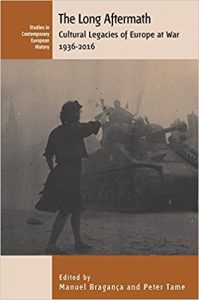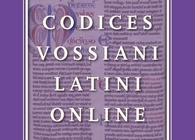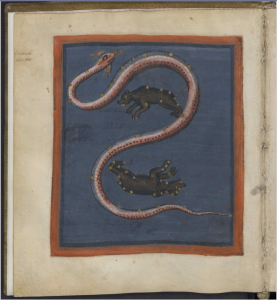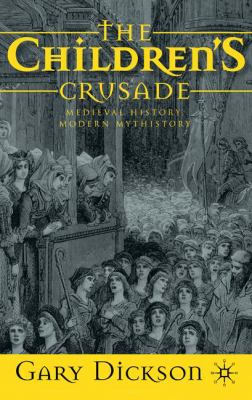Working on your dissertation and looking for primary source material? Looking to incorporate digitised primary sources into your teaching? Wanting to expand your research with digital resources? Or just have no idea what primary source material might be available to you at the Library?
The Library’s very first Discovery Day, on Tuesday 30th January, may be exactly what you are looking for.

We invite you to the 1st floor, Main Library on Tuesday 30th Jan between 10am-3pm where representatives from 3 of the major publishers of digitised primary source collections, Adam Matthew, Gale Cengage and ProQuest, and our very own Centre for Research Collections (CRC), will be on hand to help students and staff navigate through and find useful material in the huge range of primary sources we have access to online at the Library. Continue reading


 Early Greek portraiture: monuments and histories by Catherine M. Keesling (shelfmark: NB1296.3 Kee.
Early Greek portraiture: monuments and histories by Catherine M. Keesling (shelfmark: NB1296.3 Kee.  It may just be the first week of semester but many of you will already be required to start reading material in preparation for your lectures, seminars or tutorials. Finding and accessing this material can be an early hurdle for many new students but don’t panic, it can be a lot easier than you think.
It may just be the first week of semester but many of you will already be required to start reading material in preparation for your lectures, seminars or tutorials. Finding and accessing this material can be an early hurdle for many new students but don’t panic, it can be a lot easier than you think. Thanks to a request from a member of staff in Classics, we currently have trial access to Brill’s Codices Vossiani Latini Online which publishes all 363 codices which form the world-famous Latin part of Isaac Vossius’ manuscript collection held at Leiden University Library.
Thanks to a request from a member of staff in Classics, we currently have trial access to Brill’s Codices Vossiani Latini Online which publishes all 363 codices which form the world-famous Latin part of Isaac Vossius’ manuscript collection held at Leiden University Library.


 Mesopotamia: ancient art and architecture by Zainab Bahrani (shelfmark: Folio N5370 Bah.)
Mesopotamia: ancient art and architecture by Zainab Bahrani (shelfmark: Folio N5370 Bah.)
 From Constantinople to the Frontier edited by Nicholas S. M. Matheou, Theofili Kampianaki; Lorenzo M Bondioli (e-book)
From Constantinople to the Frontier edited by Nicholas S. M. Matheou, Theofili Kampianaki; Lorenzo M Bondioli (e-book)